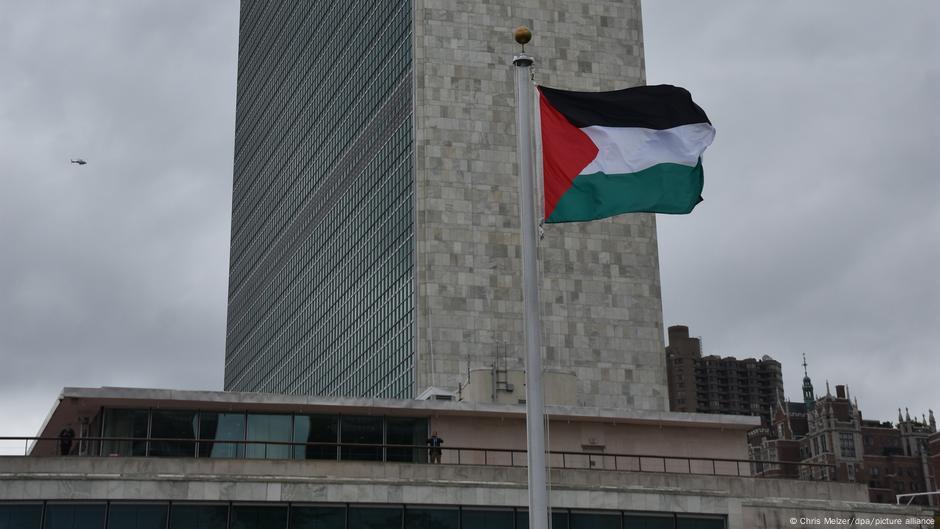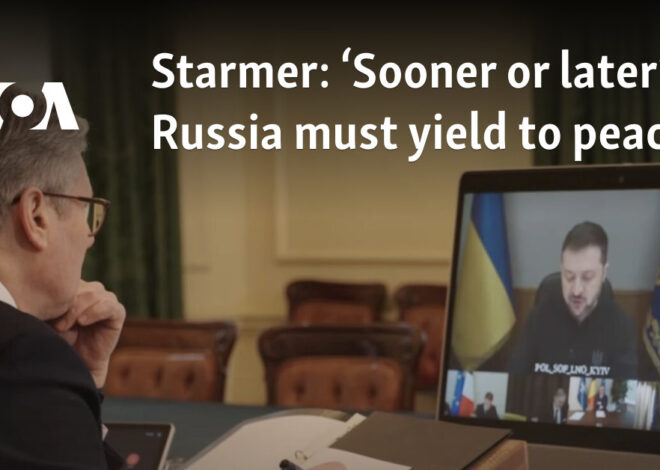
Germany’s Delicate Balance: The Ongoing Debate on Recognizing Palestine as a State
Countries Set to Recognize Palestine at UN General Assembly
On Monday, September 22, significant discussions are expected to unfold at the United Nations General Assembly on New York’s East River. Nations such as France, Canada, and Belgium plan to formally recognize Palestine as a state. The United Kingdom is also considering similar actions. This initiative aims to apply pressure on Israel to cease its military operations in Gaza and to kickstart a new peace process.
Out of 193 members at the UN, nearly 150 have already recognized Palestine as a legitimate state.
U.S. and Israeli Opposition
Contrarily, the United States firmly opposes any form of recognition, a stance shared by Israel. Israeli Prime Minister Benjamin Netanyahu has labeled such recognition as “a reward for terror,” especially in light of the recent attacks orchestrated by the militant group Hamas on October 7, 2023, which incited the current war in Gaza.
For the Palestinian Authority, led by President Mahmoud Abbas, gaining recognition from major countries would serve as a diplomatic victory and a setback for Israel, particularly during the escalating conflict in Gaza.
Challenges to Achieving a Two-State Solution
The German government has stated it will not pursue recognition of Palestine “in the short term.” Chancellor Friedrich Merz reiterated this during a visit from Canadian Prime Minister Mark Carney, highlighting that current conditions for recognition are not met. According to Merz, recognition should be a concluding step in a peace process realizing a two-state solution.
However, the prospect of this solution appears increasingly unrealistic amidst the ongoing violence. According to the Gazan Health Ministry, around 65,000 individuals have lost their lives since the conflict escalated.
Germany’s Unique Dilemma
The German government finds itself in a delicate situation regarding its stance on Israel and Palestine, carrying a historical responsibility due to the Holocaust. Merz has expressed deep concern over rising antisemitism since the recent conflict began, emphasizing this struggle as a personal and national duty.
Despite his concerns about antisemitism, Merz has criticized Israel’s military strategies and the resulting humanitarian crisis in Gaza. He halted certain arms exports to Israel during the conflict, advocating that criticism of Israeli policies should not be seen as a betrayal of German-Israeli relations.
Increasing Domestic and International Pressure
As pressure mounts, EU Foreign Affairs Representative Kaja Kallas has urged Germany to impose sanctions against Israel. Similarly, European Commission President Ursula von der Leyen suggested potentially withdrawing trade privileges from Israel.
There is also growing dissent within Germany. Leaders of the Social Democratic Party (SPD) and the opposition Green Party advocate for stronger measures against Israel’s actions in Gaza, highlighting the need for the German government to take meaningful steps towards peace in the region.
Public Support for Recognition of Palestine
Public sentiment in Germany seems to favor recognizing Palestine, with a recent survey indicating that 54% of respondents support this move. As allies like France and Canada alter their stances, Germany finds itself increasingly isolated in maintaining its position against recognition.
While the UN considers recognition from various countries, the Palestinian President Mahmoud Abbas faces challenges, including denied entry to the U.S. for participation in the discussions at the UN.
Conclusion
The upcoming UN General Assembly presents a pivotal moment as several nations look to recognize Palestine amidst ongoing conflicts. While this move offers a glimmer of hope for peace, the persistent opposition from the U.S. and Israel raises important questions about the future of peace efforts in the region.
Published: 2025-09-20 08:08:00 | Source: www.dw.com



